Location: Tzuba Hotel
All Expenses Paid
What is economic freedom? Why is it important and how does it produce growth and prosperity? Listen, learn, and discuss with some of the best economists and leading policymakers from around the world.
Applications are now open for any Israeli student (2nd year and above, including MA and PhD students).
Deadline: October 1st 2024, by 20:00
Applications are now closed. If you have applied and received no response by October 6, please email us at info@fei.org.il
Sunday, October 27
Monday, October 28
Tuesday, October 29
Wednesday, October 30
Thursday, October 31
Michael Munger

Professor Munger earned his Ph.D. in Economics from Washington University in St. Louis in 1984. After completing his graduate studies, he served as a staff economist at the Federal Trade Commission. He began his teaching career in the Economics Department at Dartmouth College, later holding positions in the Political Science Department at the University of Texas at Austin (1986-1990) and the University of North Carolina at Chapel Hill (1990-1997). While at UNC, he directed the MPA Program, which trains public service professionals, particularly in city and county management.
In 1997, he joined Duke University, where he served as Chair of the Political Science Department from 2000 to 2010. He has received three University-wide teaching awards, including the Howard Johnson Award, an NAACP “Image” Award for teaching about race, and membership in the Bass Society of Teaching Fellows. He is currently the director of Duke University’s interdisciplinary PPE Program.
Professor Munger’s recent books include Choosing in Groups (co-authored with his son, Kevin Munger) and The Thing Itself, both published in 2015. His research focuses on the morality of exchange and the dynamics of the emerging “Middleman Economy.” Much of his recent work has explored the concept of truly voluntary exchange, for which he coined the term “euvoluntary.” His latest book, Tomorrow 3.0, examines the sharing economy.
Lawrence H. White

Lawrence H. White specializes in the theory and history of banking and money. He has previously taught at New York University, the University of Georgia, and the University of Missouri – St. Louis.
Professor White is the author of The Clash of Economic Ideas (2012), The Theory of Monetary Institutions (1999), Free Banking in Britain (2nd ed., 1995), and Competition and Currency (1989). He is also the editor of The History of Gold and Silver (3 vols., 2000), Free Banking (3 vols., 1993), and other volumes.
His articles on monetary theory and banking history have been published in the American Economic Review, the Journal of Economic Literature, the Journal of Money, Credit, and Banking, and other leading professional journals.
In 2014, Professor White received the Adam Smith Award from the Association for Private Enterprise Education. He has been a visiting research fellow at the American Institute for Economic Research, a visiting lecturer at the Swiss National Bank, and a visiting scholar at the Federal Reserve Bank of Atlanta.
Currently, Professor White is a co-editor of Econ Journal Watch and serves on the board of associate editors for the Review of Austrian Economics. He is a Distinguished Senior Fellow of the F. A. Hayek Program for Advanced Study in Philosophy, Politics, and Economics at the Mercatus Center at George Mason University and a senior scholar at the Cato Institute Center for Monetary and Financial Alternatives.
Yoel Naveh

Yoel Naveh is the Chairman of the Investment Committee at Amitim Senior Pension Funds, bringing over 20 years of experience in financial leadership roles. Prior to this, he served as General Manager of Working Capital at Payoneer and as Chief Economist at the Israel Ministry of Finance. Yoel holds an M.A. in Economics and a B.A. in Economics and Accounting from The Hebrew University of Jerusalem.
Michael Sarel
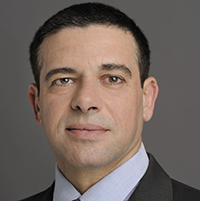
Dr. Michael Sarel is Director of Kohelet Economic Forum. Served as the Israeli Chief Economist and Director of State Revenue, Research and International Affairs until April 2014 . Obtained his doctoral degree from Harvard. Dr. Sarel has worked for the World Bank, The International Monetary Fund and The Bank of Israel’s Research Department, and served as Head of Research in the Ministry of Finance and Head of the Economics and Research Department at Harel Insurance and Finance Group.
Eden Bar Tal
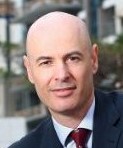
Eden Bar Tal is a seasoned leader with extensive experience across various industries, including telecommunications, energy, and medical cannabis. Until recently, he served as the Chairman of The Second Authority for Television and Radio, a key regulatory body in Israel, a position he has held since January 2022. With over a decade of executive leadership, Eden has driven impactful changes in both the public and private sectors.
He has co-founded and led several innovative companies, including MediCane Health Incorporated, a leading player in the medical cannabis space, and Sababa Sciences Inc. His strategic leadership also extends to the energy sector, where he played a vital role as Executive Chairman at Energy Storage Israel. Eden’s career includes pivotal roles as Director General of Israel’s Ministry of Communications, where he led major reforms in the country’s communication infrastructure.
In addition to his leadership roles, Eden has served on various boards, including Globes, a major Israeli financial newspaper, and Monitin Journalism Ltd., contributing to shaping media and business landscapes in Israel.
Yehonatan Givati

Guy Mor
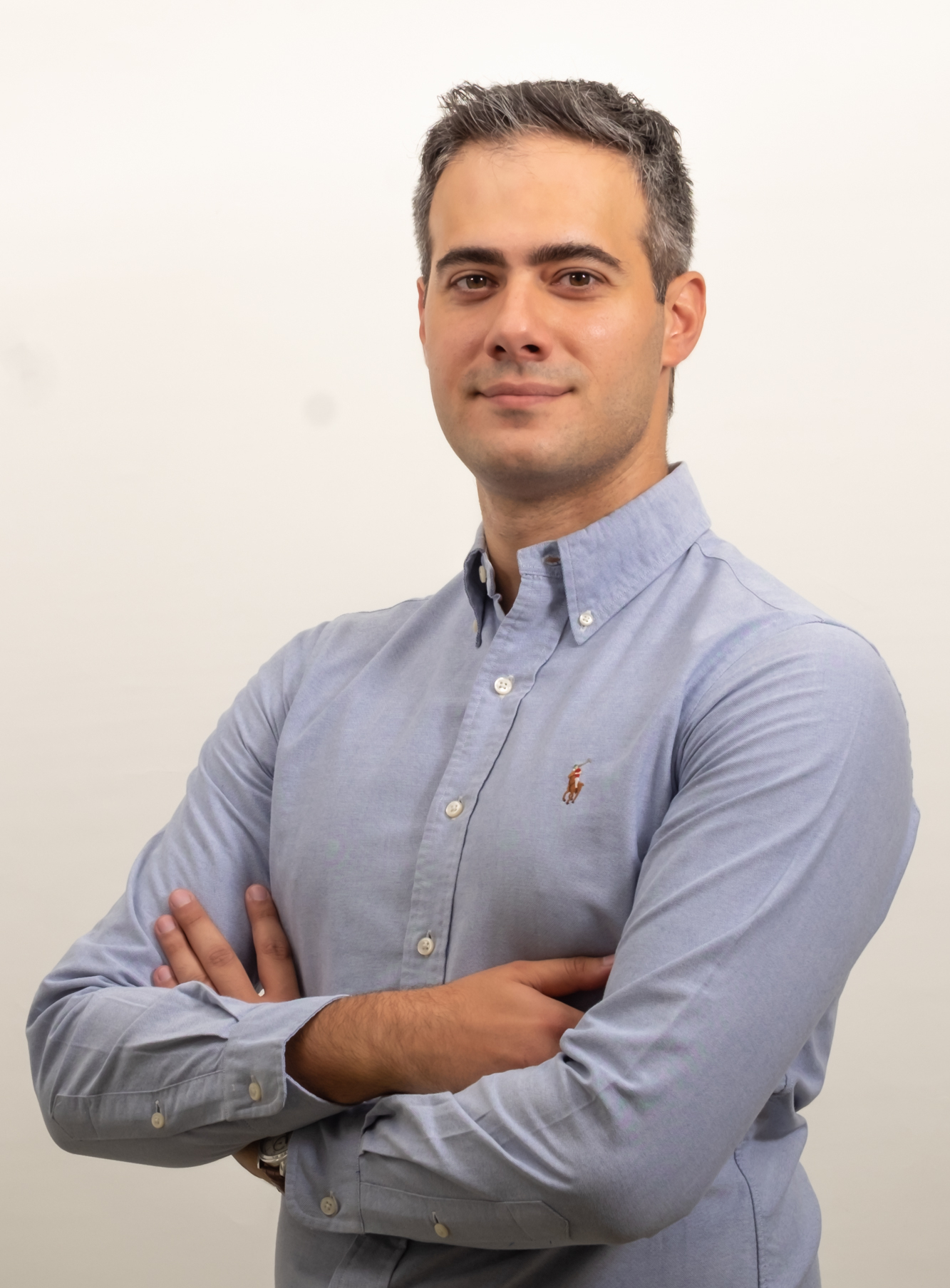
Einav Nixon
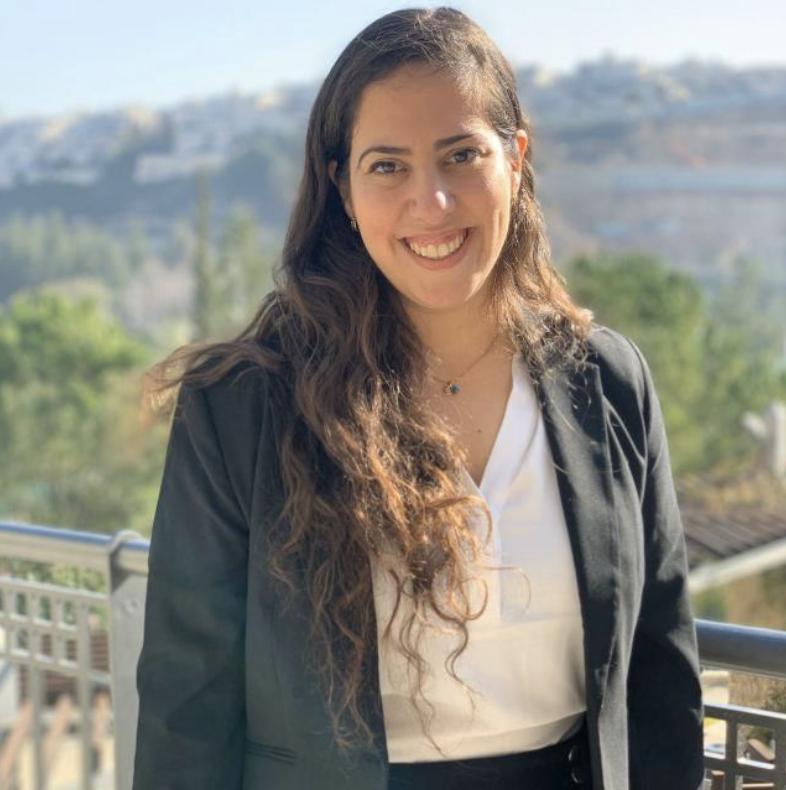
Alumnus of the Friedberg Economics Institute (FEI), Einav Nixon currently serves as the Commercial Consul and Head of the Economic and Commercial Mission of Israel to Hong Kong & Macau. In this role, she leads the promotion of business development and partnership alliances for Israeli tech companies entering these markets. With an MBA in Finance and Operations Research, Einav has experience in optimizing business strategies and fostering collaboration between Israeli companies and international partners.
Dana Hay

Dana Hay is an alumnus of the Friedberg Economics Institute (FEI), bringing a wealth of experience in finance, budget management, and international taxation. She holds an M.A. in Political Economy and International Institutions from The Hebrew University of Jerusalem and a B.A. in Accounting and Economics from Tel Aviv University.
Currently, Dana serves as the Manager of the Budget Department at Tkuma, where she oversees strategic financial planning and budget execution. She previously worked as an International Tax Consultant at EY, and before that, held leadership roles in the IDF’s Economics Department, focusing on financial planning, budget management for multi-currency projects, and participation in high-level negotiations.
Chen Derhy
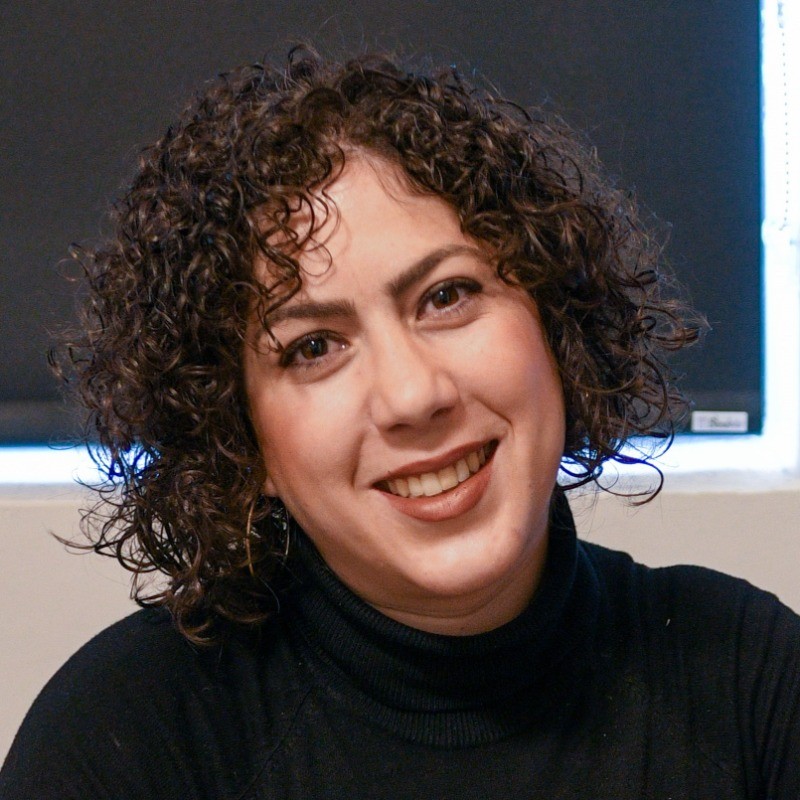
Chen is a FEI (Friedberg Economics Institute) alumnus, with extensive experience in global compliance and regulatory risk management. She currently serves as Director of Global Compliance at OurCrowd, where she leads international compliance strategies across multiple regions, ensuring regulatory alignment in high-net-worth private investments. Her career spans leadership roles at PwC Israel, focusing on regulatory consulting for financial institutions, as well as consulting at the OECD. She holds a Master of Laws with Honors in Financial Regulation from Tel Aviv University and is a licensed attorney.
Maya Miller-Meshi
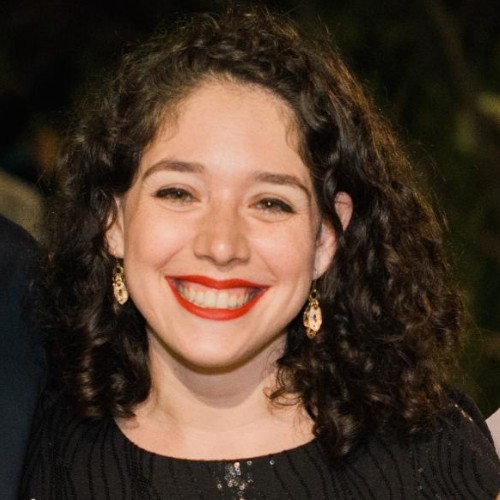
Maya Miller-Meshi is an experienced Senior Regulatory Policy Manager at the Israel Regulation Authority, bringing over a decade of expertise in public policy and regulatory frameworks. With a diverse background in labor market regulation, economics, and project management, Maya has held key positions within the Ministry of Labor, Social Affairs, and Social Services, as well as the Histadrut. She began her career as a junior economist at the Ministry of Economy and Industry and also worked as a news producer for Channel 10 News Israel. Maya holds a degree in Philosophy, Politics, and Economics (PPE) from The Hebrew University of Jerusalem.
Gal Baranes
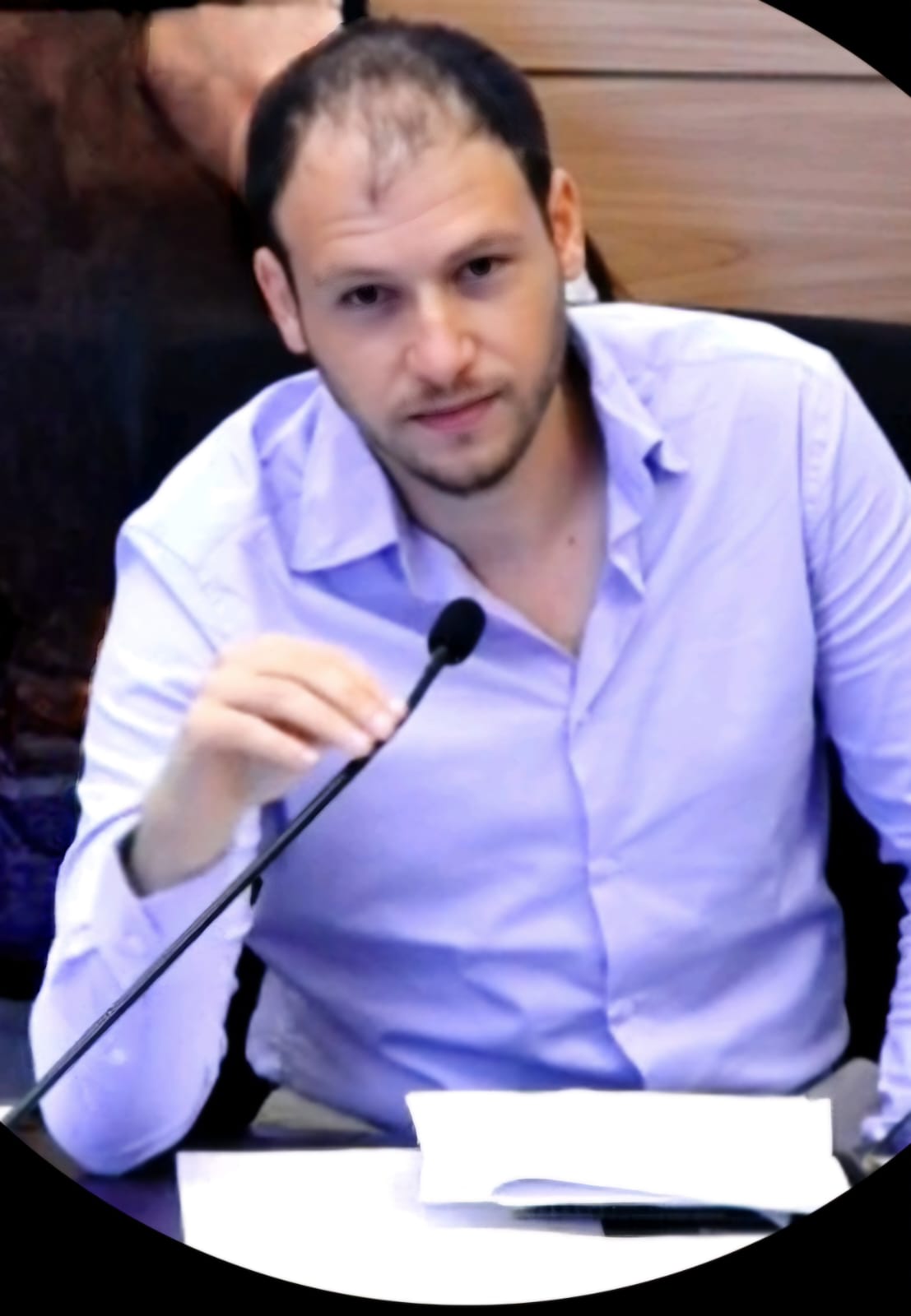
Gal Baranes serves as the Economics and Agriculture Coordinator in the Budget Department, overseeing the business sector, agriculture, and cost of living initiatives. In his role, Gal has contributed significantly to the support of the business sector during the COVID-19 pandemic and periods of conflict. He has also spearheaded the advancement of the Regulatory Principles Law and the establishment of the Regulatory Authority, while driving key structural reforms such as the “What’s Good for Europe is Good for Israel” initiative and other measures aimed at the business sector and addressing the cost of living.